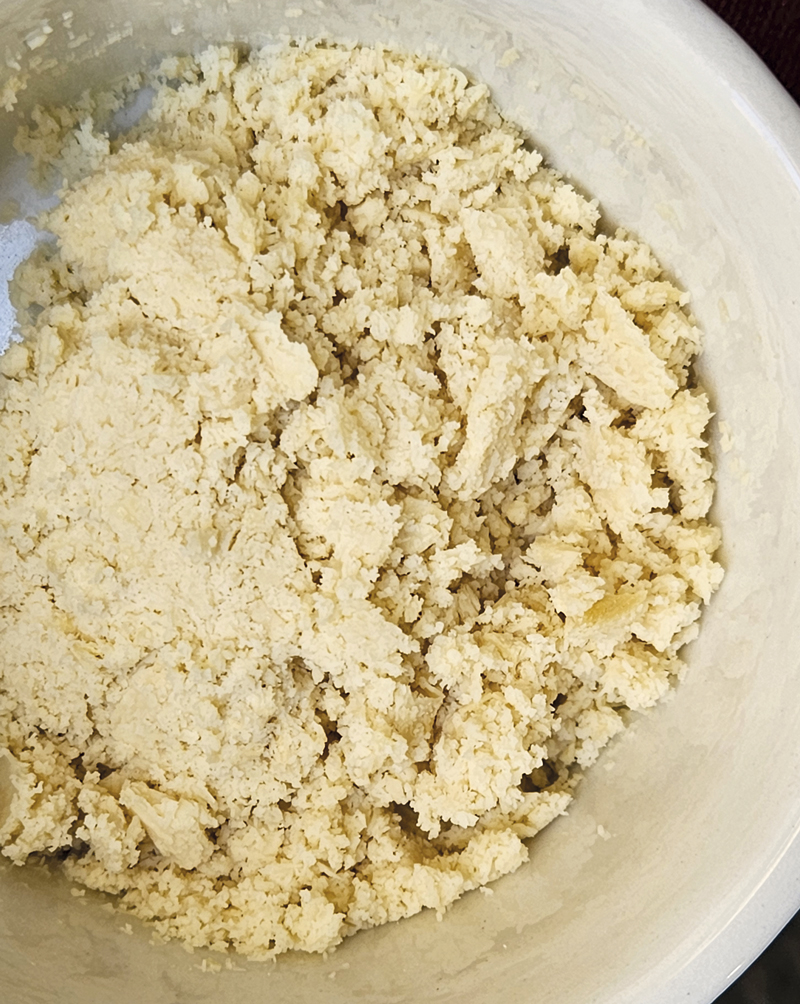
Tekohá
Produced by fermentation, the concentrate can be up to 65% proteinTekoháOdor, flavor, and texture tests of a protein produced via biomass fermentation by Tekohá, a startup based at the Center for Innovation, Entrepreneurship, and Technology (CIETEC) in São Paulo, obtained positive results. In May and September 2022, as part of research funded by FAPESP’s Innovative Research in Small Businesses (PIPE) program, 89 volunteers evaluated different types of spaghetti that were cooked without salt, sauce, or seasonings. One of them, used as a control, was made with wheat flour alone (5% protein) and the others were made up of between 15% and 30% protein produced in the laboratory. The control spaghetti and the one with the lowest protein content had an acceptance of 100%, while the spaghetti with the highest protein content was only accepted by 67%. “Higher levels of the protein affected the texture,” observed biotechnologist Manuella Silverio, one of the company owners. The goal is to increase the protein content in foods, from pasta to dairy products, to increase nutritional benefits. “We were able to prepare a protein concentrate that is up to 65% protein, containing all the essential amino acids for human nutrition and a protein conversion efficiency [utilization rate] of 83% in five days, while the efficiency of animal systems ranges from 3.8% to 25%.”
Republish